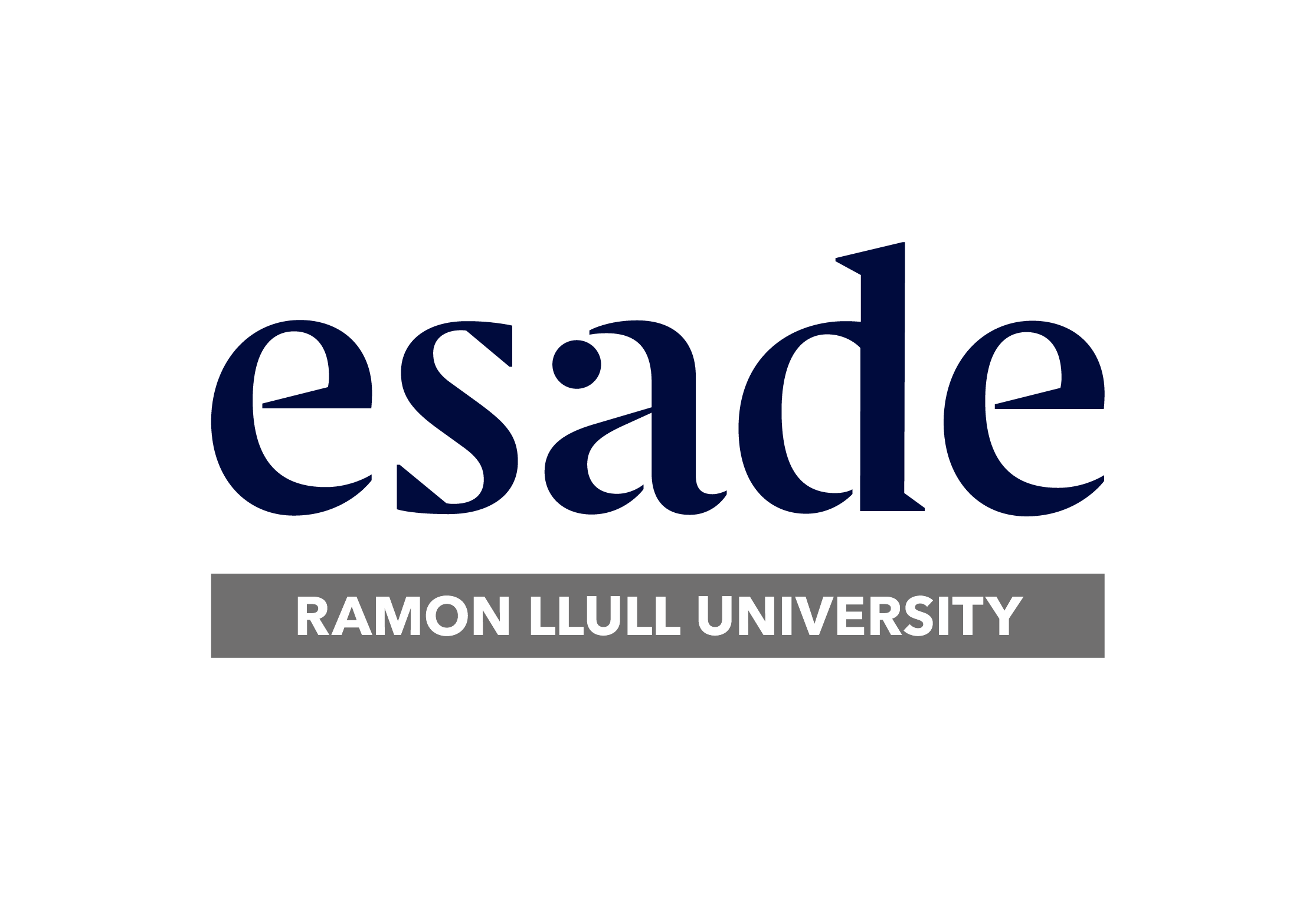In 2017, 90% of ESADE MBAs secured a job within three months of graduation. A whopping 91% of graduates changed either region, industry, or role. 79% found jobs outside Spain; 62% found a job outside their home country; 52% settled in Europe.
In Europe—and elsewhere—Amazon, McKinsey, Microsoft, Uber, and Johnson & Johnson are among the biggest recruiters of ESADE MBAs.
So, what’s the secret?

Kim Tombarelli, associate director of employer engagement at ESADE, has 12 years’ experience providing words of wisdom to students looking to grab a top job in Europe post-graduation.
In Europe, she says, networking is key. Internships in relevant fields, as well as speaking a second European language, can help MBA candidates stand out to employers in Europe. But that’s not all.
BusinessBecause caught up with Kim to find out more.
What do European companies look for in MBA job candidates?
Most of the hiring companies of ESADE MBA students seek candidates who have great data analytical skills and who have the knack of influencing others.
Possessing strong leadership skills is also key, as well as the ability to build a strong network of contacts. MBA students at ESADE constantly engage in group work, working within a highly international environment.
Essentially, we focus upon the 4Cs, which are critical areas for recruiters when evaluating the top candidates for their employment opportunities: communication; cooperative leadership; critical thinking; and creativity.
How can an MBA student stand out in a job interview?
Students should review the job position at hand and carefully consider if their profile fits the bill. They should prepare a precise pitch of what they can bring to the table for the role, and demonstrate a positive and highly-motivated attitude during the interview.
An MBA candidate can encounter problems during the selection process if they do not demonstrate how they can adapt to the company culture, or if they overestimate their skill set for the job. Be realistic yet ambitious!
How does job-seeking in Europe differ from other parts of the world?
Depending on the company and the roles on offer, candidates without a European work visa or permit can face challenges when job seeking in Europe.
Also, it is often highly valued if candidates have the ability to speak at least one other European language for certain roles or positions offered in European-based companies. In comparison, in the US, this requirement may not be so crucial.
Hence, students should be open-minded and flexible with their options and reflect heavily on how they can differentiate themselves amongst other candidates who may have a legal work visa within Europe.
What's one thing that every MBA student should know about job-seeking in Europe?
In some cases, candidates can increase their chances if they begin an internship while they are carrying out their MBA studies in Europe. Also, students have to be quick in detecting the right opportunities that will help to differentiate themselves from other candidates.
But, if I had to say only one thing about the job-hunting process, it would be that contacts are crucial. Developing a strong network of connections through channels such as ESADE Business School’s Alumni Association will help increase students’ awareness, not only of who they are but also of their level of employability within various countries, sectors, and roles.







